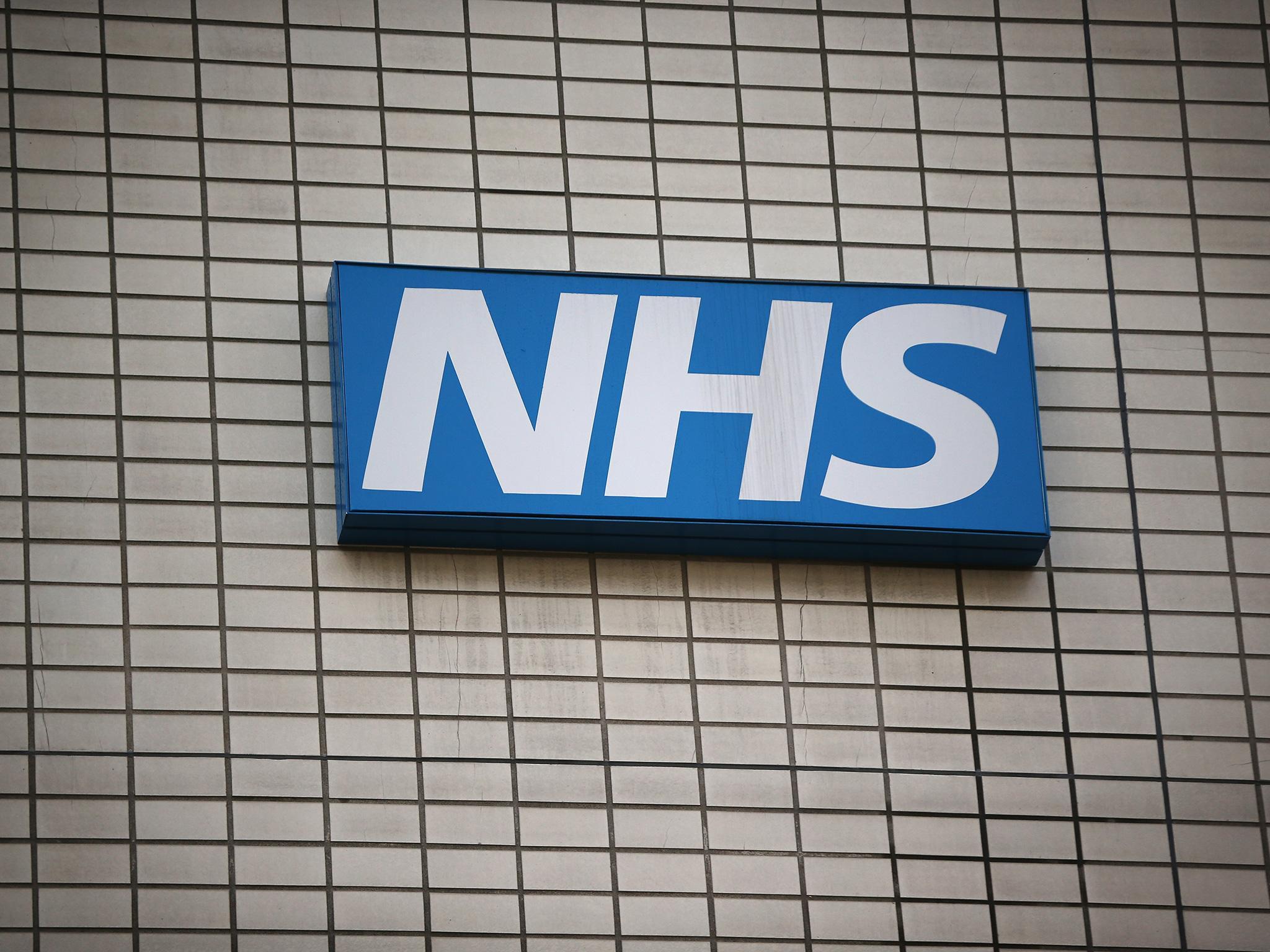Your support helps us to tell the story
From reproductive rights to climate change to Big Tech, The Independent is on the ground when the story is developing. Whether it's investigating the financials of Elon Musk's pro-Trump PAC or producing our latest documentary, 'The A Word', which shines a light on the American women fighting for reproductive rights, we know how important it is to parse out the facts from the messaging.
At such a critical moment in US history, we need reporters on the ground. Your donation allows us to keep sending journalists to speak to both sides of the story.
The Independent is trusted by Americans across the entire political spectrum. And unlike many other quality news outlets, we choose not to lock Americans out of our reporting and analysis with paywalls. We believe quality journalism should be available to everyone, paid for by those who can afford it.
Your support makes all the difference.Voters are now more likely to base their vote on the state of the NHS than they are about Brexit with less than a month to go before election day, a new poll has found.
In a major boost for Labour the long-running Ipsos MORI tracker recorded large jumps in concern about the NHS and public services generally over recent weeks.
The NHS is now solidly ahead of Brexit as a concern, with 60 per cent of voters citing the issue in the poll conducted 15-18 November, up 6 per cent compared to a similar poll conducted 8-11 November.
For comparison 56 per cent of voters thought Brexit or the EU was an important issue in helping them decide how to vote, up 1 per cent compared to the last poll.
Crucially, the poll was conducted before a head-to-head debate between Jeremy Corbyn and Boris Johnson on Tuesday in which the future of the NHS came to the fore as a key issue. Mr Corbyn accused the prime minister of wanting to give US healthcare firms access to the UK service as part of a trade deal with Donald Trump.
The winter date of the election means the health service will be under particular strain during the campaign period, with observers warning of a "winter crisis". Last year's was officially the worst on record, according to an analysis verified by the House of Commons Library.
British Medical Association chair Dr Chaand Nagpaul said earlier this month that staff and patients had endured "winter after winter of overcrowded emergency departments, long delays and pitifully low staffing levels" under the Tories' watch, adding that "it should not take an election to take stock of just how bad the situation has become".
Public services in general on 28 per cent were also climbing the ranking fast, up 5 per cent, with managing the economy and immigration up 4 per cent each.
Other top issues that people said would decide their vote were social care, crime, and climate change, which all have 30 per cent or more of voters' attention.
Despite the terrain info the election apparently shifting to Labour's advantage, most poll trackers still show the Tories with around a 10 point lead over the opposition.
The two main parties are due to launch their manifestos over the next week, with Labour's due on Thursday's and the Tories' expected at the weekend. The Lib Dems presented theirs to the public on Wednesday, focusing on Brexit.
Labour has already pledged to increase funding on the NHS and remove elements of privatisation from the service. The NHS budget would rise to £155bn by 2023-24 – around £6 billion more than the Conservative government promised for front-line services when it announced its funding settlement last year.
The party also says it will set up a state-owned drug company to produce generic medication for the health service at low cost and circumvent private paramaceutical companies.

Join our commenting forum
Join thought-provoking conversations, follow other Independent readers and see their replies
Comments